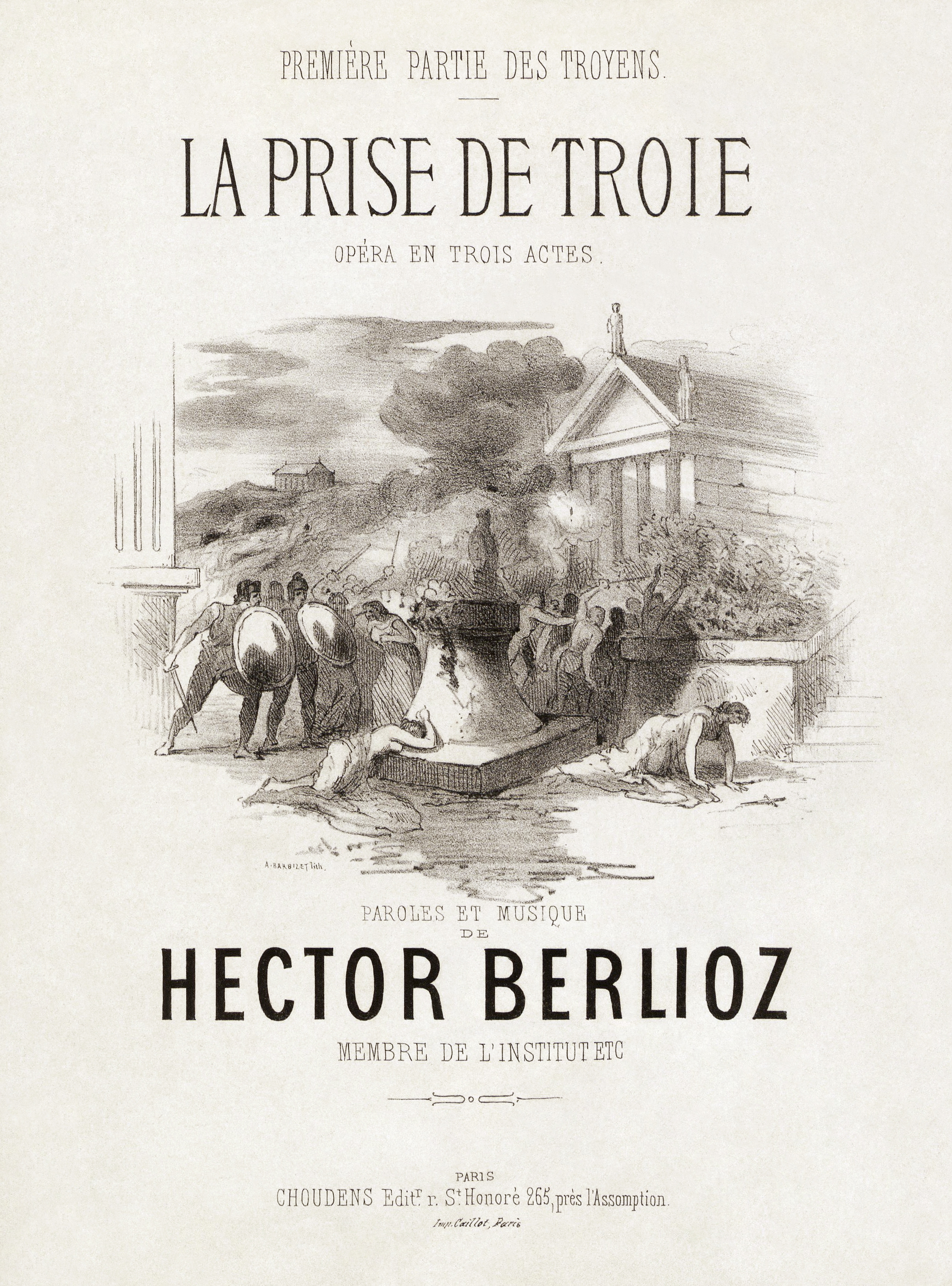|
Didon (Piccinni)
''Didon'' (''Dido'') is a tragédie lyrique in three acts by the composer Niccolò Piccinni with a French-language libretto by Jean-François Marmontel. The opera is based on the story of Dido and Aeneas from Virgil's ''Aeneid'' as well as Metastasio's libretto ''Didone abbandonata'' (which Piccinni himself had set in 1770). ''Didon'' was first performed at Fontainebleau on 16 October 1783 in the presence of the French sovereigns, Louis XVI and Marie Antoinette. After being remounted at court twice, the opera had its Paris public premiere on 1 December 1783. It proved to be the composer's greatest success and was billed almost every year till 1826, enjoying a total of 250 performances al the Paris Opera.Lajarte, p. 337 ''Didon'' had some influence on Berlioz's opera on the same theme, ''Les Troyens''. Roles Synopsis Dido, Queen of Carthage (Didon), falls in love with the Trojan warrior Aeneas (Énée), who has been shipwrecked on her shore. However, Dido is promised in marriage ... [...More Info...] [...Related Items...] OR: [Wikipedia] [Google] [Baidu] |
Tragédie En Musique
Tragédie en musique (, ''musical tragedy''), also known as tragédie lyrique (, ''lyric tragedy''), is a genre of French opera introduced by Jean-Baptiste Lully and used by his followers until the second half of the eighteenth century. Operas in this genre are usually based on stories from Classical mythology or the Italian romantic epics of Tasso and Ariosto. The stories may not necessarily have a tragic ending – in fact, most do not – but the works' atmospheres are suffused throughout with an affect of nobility and stateliness. The standard ''tragédie en musique'' has five acts. Earlier works in the genre were preceded by an allegorical prologue and, during the lifetime of Louis XIV, these generally celebrated the king's noble qualities and his prowess in war. Each of the five acts usually follows a basic pattern, opening with an aria in which one of the main characters expresses their feelings, followed by dialogue in recitative interspersed with short arias (''petits airs'' ... [...More Info...] [...Related Items...] OR: [Wikipedia] [Google] [Baidu] |
Les Troyens
''Les Troyens'' (; in English: ''The Trojans'') is a French grand opera in five acts by Hector Berlioz. The libretto was written by Berlioz himself from Virgil's epic poem the ''Aeneid''; the score was composed between 1856 and 1858. ''Les Troyens'' is Berlioz's most ambitious work, the summation of his entire artistic career, but he did not live to see it performed in its entirety. Under the title ''Les Troyens à Carthage'', the last three acts were premièred with many cuts by Léon Carvalho's company, the Théâtre Lyrique, at their theatre (now the Théâtre de la Ville) on the Place du Châtelet in Paris on 4 November 1863, with 21 repeat performances. After decades of neglect, today the opera is considered by some music critics as one of the finest ever written. Composition history Berlioz began the libretto on 5 May 1856 and completed it toward the end of June 1856. He finished the full score on 12 April 1858. Berlioz had a keen affection for literature, and he had ... [...More Info...] [...Related Items...] OR: [Wikipedia] [Google] [Baidu] |

